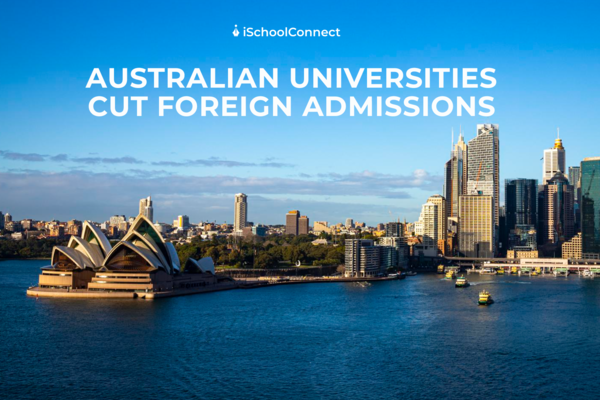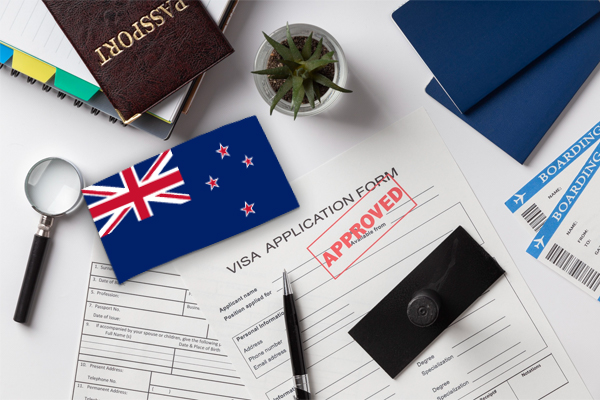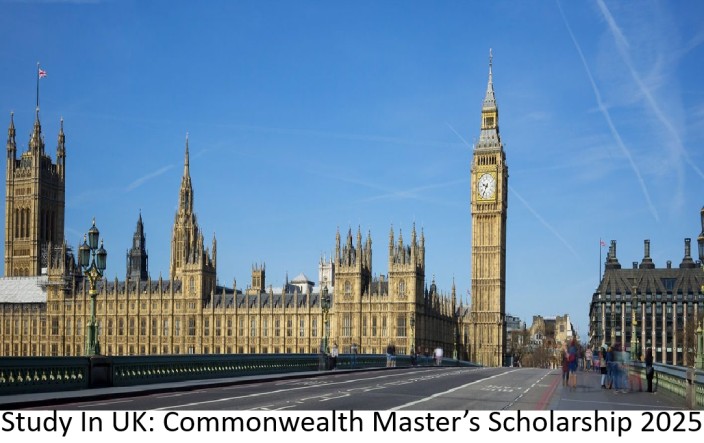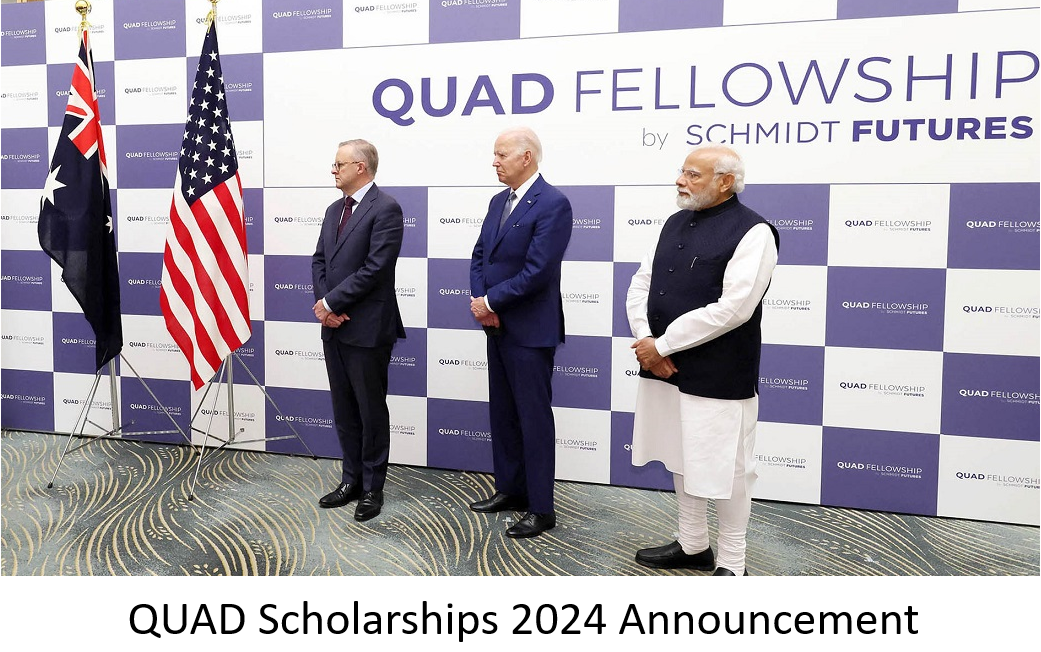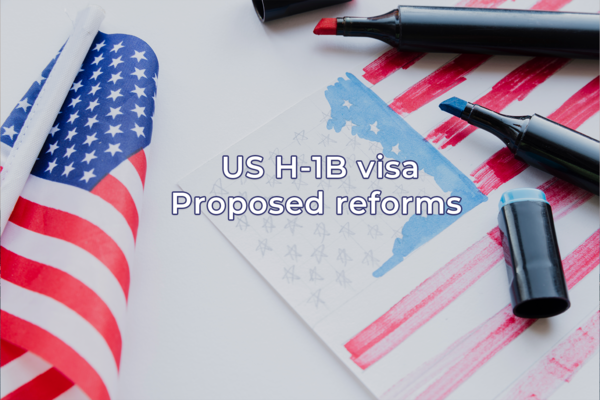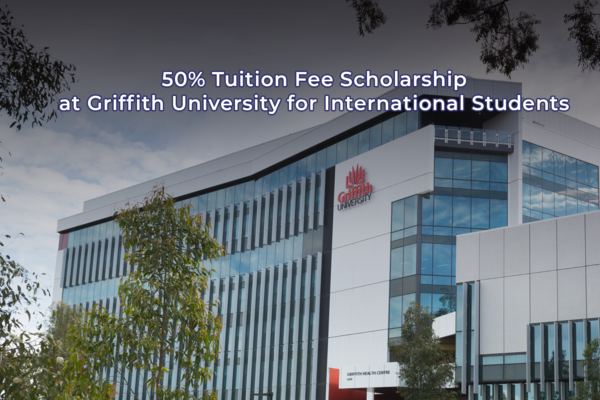Table of Contents
A Dramatic Shift in Policy
In an unprecedented move, Australian universities are urging some international students to withdraw their admission offers. This decision comes in the wake of a significant drop in student visa approval rates, particularly affecting students from India and Bangladesh. With a report by Preeti Verma Lal dated February 22, 2024, highlighting the issue, the education sector is facing a pivotal moment.
Visa Approval Rates Plunge
Recent statistics paint a grim picture for prospective international students, especially those from the Indian subcontinent. Australia’s government rejected 21% of student visa applications in the latter half of 2023. Indian students faced a staggering 39% rejection rate, while those from Pakistan and Nepal saw refusal rates of 37% and 52%, respectively. These figures mark a troubling trend for educational and cultural exchange.
The Impact on Australian Universities and Students

Wollongong and La Trobe universities are at the forefront of this policy’s consequences. They have canceled enrolment certificates, a prerequisite for the visa application process. An email from Wollongong University to an affected student outlined two options: withdrawal with a refund or deferral. This scenario has left many students in limbo, questioning their international academic aspirations.
New Regulations Tighten the Noose
The Australian government has introduced stringent measures affecting student visas. These include a work-hour cap and a requirement to show AU$24,000 in savings. Moreover, students can no longer switch from high-cost to low-cost colleges within their first six months. Such policies aim to streamline the migration process but also pose significant hurdles for genuine students seeking quality education.
Navigating the Future
As Australia tightens its immigration policies, the impact on international education is undeniable. Universities and students must navigate these changes carefully, balancing the desire for quality education with the realities of stringent visa requirements. The global academic community watches closely, hoping for solutions that foster inclusivity and opportunity.
